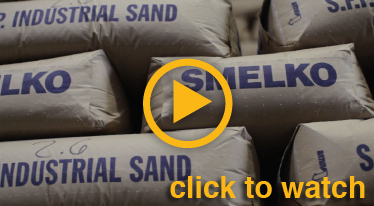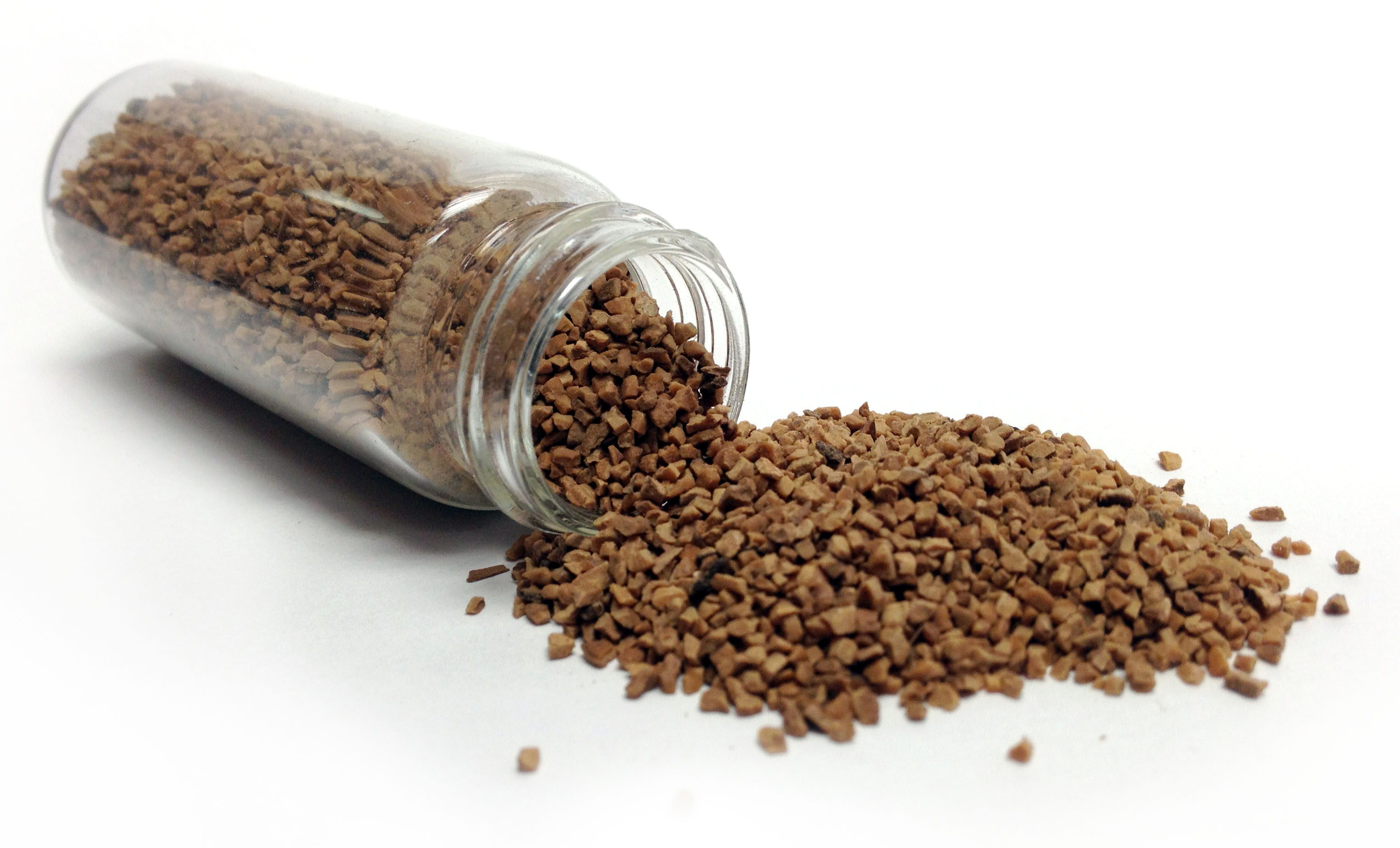Walnut Shell
Uses
• Fire damage restoration
• Polishing
• Deburring
• Nonskid cleaning
• Drilling mud additive
Walnut Shell Abrasives Are
• Nontoxic
• Environmentally Sound
• Biodegradable
• Affordable
• Readily Available
• Require no flammable solvents
Walnut Shell Abrasives were originally developed and are still used for cleaning gasoline and diesel engines. It’s toughness and lack of silicon or other grit allows it to clean metals, alloys and plastics without scratching or pitting the surface. Walnut Shell Abrasives re carefully manufactured to eliminate any possible metals or mineral contamination which could damage fine finishes.
Blast cleaning with Walnut Shell Abrasives quickly caught on as a way to eliminate hand scraping, brushing or grinding, and the use of hazardous solvents and high temperature chemical baths. Walnut Shell Abrasives will remove paint, lacquer, rust, scale, carbon and chemical deposits.
Applications
One of the largest uses for Walnut Shell Abrasives is the de-flashing of molded plastic parts. The next time you plug in a lamp, flip on a wall switch, punch some numbers into your pocket calculator, or make a phone call there is a good chance toy will have utilized parts de-flashed and cleaned with Walnut Shell Abrasives. Other uses are:
BLAST CLEANING
DEBURRING
DEFLASHING
POLISHING
TEXTURIZING
TUMBLING
Jet Engines
Baking Pans
Industrial Fans
Iron Core Boxes
Turbine Generators
Plastic and Rubber Molds
Tanks, Ducts and Other Inaccessible Areas
Metal, GLass and Wood Surfaces for Refinishing
Metal Stamping
Metal Castings
Gems and Jewelry
Plywood ( Blasting to Raise Grain )
Plastic, Hard Rubber and Metal Parts
Walnut Shell Abrasives can be used in air, mechanical (wheel-type), vapour or liquid blasting systems. It is recommended that Walnut Shell Abrasives be used in an automatic closed system for both good housekeeping and good economics.
Properties
Walnut Shell Abrasive products have the following characteristics:
Dry Packing Density (lbs. per cu. ft.)………… 42-47
Flash Point (closed cup)…………………….. 380°F
pH Value at 25°C (in water)………………….. 4-6
Free Moisture (80°C for 15 hrs.)……………… 3-10%
Specific Gravity……………………………. 1.35
Hardness – Vickers no. ……………………… 25-30
Mohs scale ………………………………… 3.4


